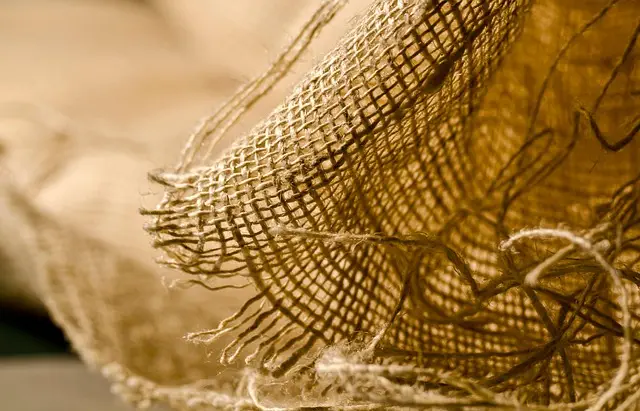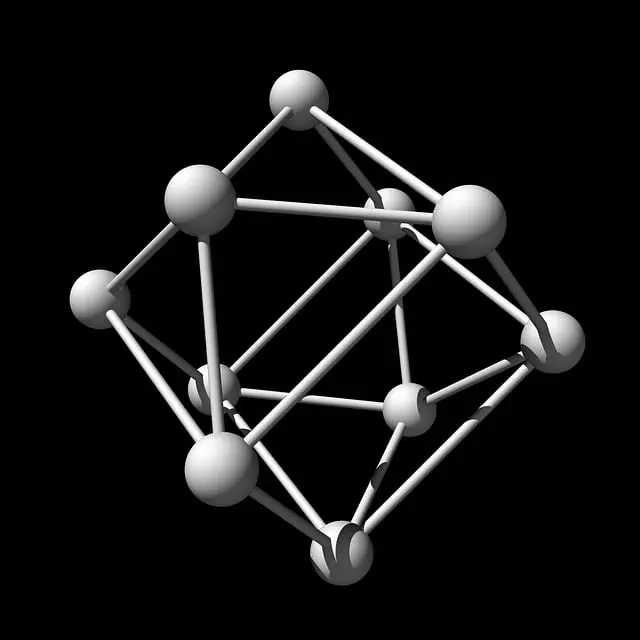Muscle soreness, caused by micro-tears in muscle fibers, can be alleviated naturally with kratom (Mitragyna speciosa). Kratom's unique alkaloids interact with opioid receptors, offering pain relief and anti-inflammatory benefits. Pronounced "krah-tom," this Southeast Asian herb has a long history in traditional medicine. Incorporating kratom into post-workout routines enhances recovery; combine it with stretching or warm baths for best results. Different kratom strains cater to individual needs, ensuring optimal muscle soreness relief.
“Experience swift relief from post-workout muscle soreness with the power of kratom supplements. This natural herb has gained traction as a potent anti-inflammatory agent, offering an alternative solution beyond traditional pain relievers.
In this article, we unravel the science behind kratom’s ability to combat inflammation and its potential benefits for athletes. Learn how to correctly understand and pronounce ‘kratom’ (pronounced krah-tom), and discover effective strategies to incorporate it into your post-exercise routine for enhanced recovery.”
- Understanding Muscle Soreness and Kratom's Role
- The Science Behind Kratom and Its Anti-Inflammatory Properties
- Effective Strategies for Incorporating Kratom into Your Post-Workout Routine
Understanding Muscle Soreness and Kratom's Role

Muscle soreness is a common occurrence, especially among active individuals and athletes, resulting from physical exertion or delayed onset muscle stiffness. It’s characterized by a painful and tender feeling in the affected muscles, often described as a deep ache that can persist for several days. This discomfort is typically triggered by micro-tears in muscle fibers during intense exercise, leading to inflammation and subsequent soreness.
Kratom, with its scientific name Mitragyna speciosa, has gained attention for its potential role in relieving muscle soreness. The plant’s active compounds interact with opioid receptors in the body, offering natural pain relief. When it comes to pronunciation, kratom is said as “kra-tom,” with a soft ‘k’ sound and a rolling ‘r’. This unique mechanism of action may help reduce inflammation and ease the discomfort associated with muscle soreness, making it a promising alternative or adjunctive therapy for active individuals seeking relief without relying heavily on over-the-counter pain medications.
The Science Behind Kratom and Its Anti-Inflammatory Properties

Kratom, scientifically known as Mitragyna speciosa, is a plant native to Southeast Asia with a rich history of use in traditional medicine. Its unique chemical composition, particularly alkaloids like mitragynine and 7-hydroxymitragynine, has sparked interest in modern wellness circles. These alkaloids interact with opioid receptors in the body, offering potential pain relief benefits.
The anti-inflammatory properties of kratom are attributed to its ability to inhibit certain enzymes involved in inflammation. Studies suggest that mitragynine, one of the primary active compounds, may reduce pro-inflammatory cytokines and mediators, helping to alleviate muscle soreness and associated inflammation. Proper pronunciation of kratom—krah-tom—is essential when discussing this natural supplement, as it can enhance understanding and accessibility for those seeking alternative muscle relief methods.
Effective Strategies for Incorporating Kratom into Your Post-Workout Routine

Incorporating kratom into your post-workout routine can offer a holistic approach to muscle soreness relief. This ancient herb, with its unique kratom pronunciation, has gained popularity for its potential therapeutic benefits. Start by adding a serving of kratom powder or capsules to your post-exercise regimen, ideally 30 minutes to an hour after your workout. Consistency is key; regular use may enhance its effects over time.
Consider combining kratom with other soothing activities like stretching, foam rolling, or taking a warm bath. This multi-faceted approach can amplify the relief from muscle soreness. Explore different kratom strains, as each has unique properties, allowing you to tailor your post-workout routine for optimal recovery and comfort.
Kratom, with its unique pronunciation and powerful properties, offers a natural approach to muscle soreness relief. By understanding how it interacts with our body’s inflammation response, we can effectively incorporate this supplement into post-workout routines for enhanced recovery. Combining kratom with targeted exercises and proper nutrition creates a holistic strategy to combat muscle discomfort, allowing folks to hustle and bustle through their day without the pesky pain of delayed onset muscle soreness.






